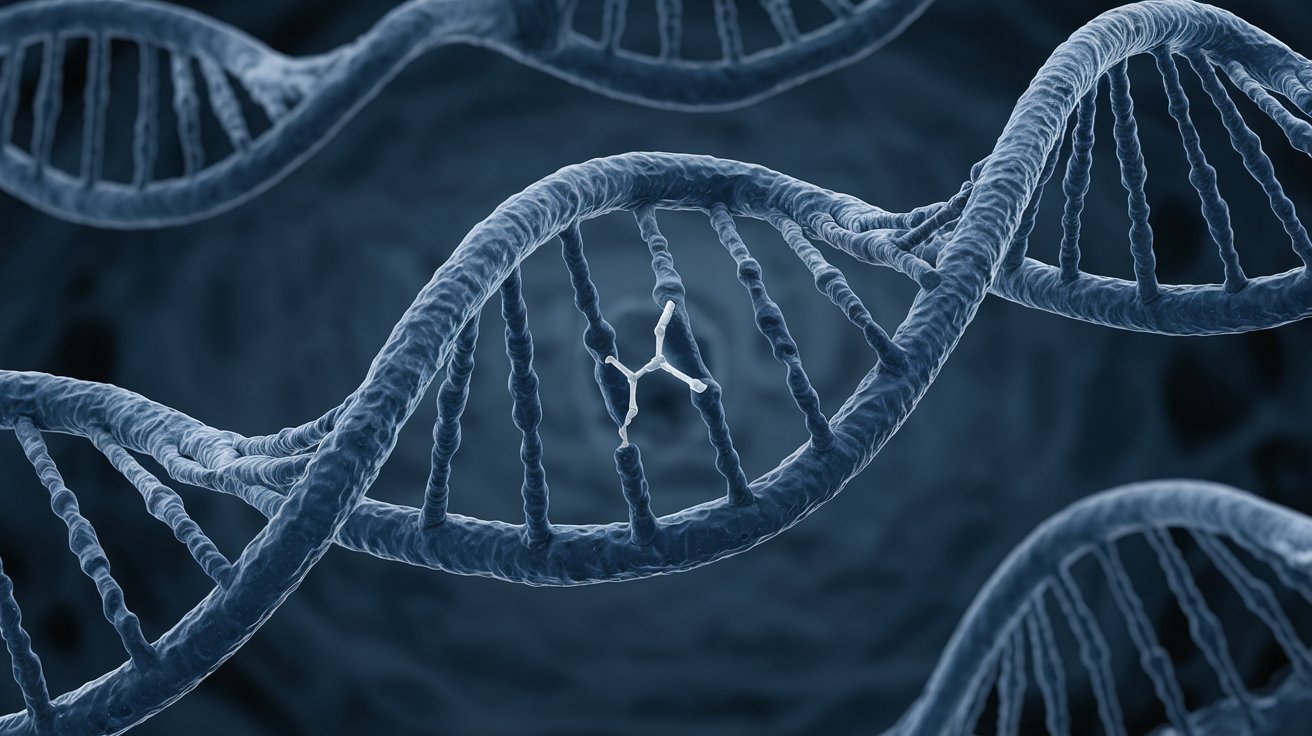
Hypogonadotropic hypogonadism is a rare condition caused by mutations in the GR hormone. This disorder affects the body's ability to produce sex hormones, leading to delayed or absent puberty and other health issues. GR hormone mutations disrupt the normal function of the hypothalamus and pituitary gland, which are crucial for hormone regulation. Understanding this condition is vital for those affected and their families. This blog post will provide 25 essential facts about hypogonadotropic hypogonadism, covering symptoms, causes, diagnosis, and treatment options. Whether you're a patient, caregiver, or just curious, these facts will offer valuable insights into this complex condition.
Key Takeaways:
- Hypogonadotropic hypogonadism, caused by GR hormone mutations, can lead to delayed puberty, infertility, and low libido. Treatment options include hormone replacement therapy and fertility treatments.
- Ongoing research and advances in hormone therapy offer hope for individuals with hypogonadotropic hypogonadism. Lifestyle adjustments and support groups can also improve quality of life.
Understanding Hypogonadotropic Hypogonadism
Hypogonadotropic hypogonadism (HH) is a condition where the body produces insufficient sex hormones due to a problem with the hypothalamus or pituitary gland. This can be caused by mutations in the GR hormone. Let's dive into some fascinating facts about this condition.
-
Hypogonadotropic hypogonadism is a rare disorder that affects both males and females.
-
GR hormone mutations can disrupt the normal function of the hypothalamus and pituitary gland, leading to HH.
-
Symptoms of HH often include delayed puberty, infertility, and low libido.
Causes and Genetics
Understanding the genetic basis of HH can help in diagnosing and managing the condition more effectively.
-
Mutations in the GR hormone gene are one of the primary causes of HH.
-
Inherited in an autosomal recessive manner, meaning both parents must carry the mutated gene for a child to be affected.
-
Over 20 different genes have been linked to HH, highlighting the complexity of the condition.
Diagnosis and Testing
Accurate diagnosis is crucial for effective treatment. Here are some key points about diagnosing HH.
-
Blood tests are commonly used to measure hormone levels and diagnose HH.
-
Genetic testing can identify specific mutations in the GR hormone gene.
-
MRI scans of the brain may be conducted to check for abnormalities in the hypothalamus or pituitary gland.
Treatment Options
While HH can be challenging to manage, several treatment options are available.
-
Hormone replacement therapy is often used to treat HH by supplementing the body with the necessary hormones.
-
Gonadotropin injections can stimulate the production of sex hormones in some patients.
-
Fertility treatments may be necessary for individuals with HH who wish to conceive.
Impact on Quality of Life
Living with HH can affect various aspects of a person's life. Here are some ways it can impact daily living.
-
Delayed puberty can lead to social and emotional challenges during adolescence.
-
Infertility can be a significant concern for adults with HH.
-
Low libido and sexual dysfunction can affect relationships and self-esteem.
Research and Advances
Ongoing research is crucial for improving the understanding and treatment of HH.
-
New genetic discoveries continue to shed light on the underlying causes of HH.
-
Advances in hormone therapy are providing more effective treatment options.
-
Clinical trials are exploring innovative treatments for HH.
Living with Hypogonadotropic Hypogonadism
Managing HH requires a comprehensive approach that includes medical treatment and lifestyle adjustments.
-
Regular medical check-ups are essential for monitoring hormone levels and adjusting treatment as needed.
-
Support groups can provide emotional support and practical advice for individuals with HH.
-
Healthy lifestyle choices, such as a balanced diet and regular exercise, can improve overall well-being.
Future Directions
The future holds promise for those affected by HH, thanks to ongoing research and medical advancements.
-
Gene therapy is being explored as a potential treatment for HH.
-
Personalized medicine approaches are being developed to tailor treatments to individual genetic profiles.
-
Increased awareness of HH can lead to earlier diagnosis and better outcomes.
-
Collaboration among researchers worldwide is accelerating progress in understanding and treating HH.
Final Thoughts on Hypogonadotropic Hypogonadism
Understanding hypogonadotropic hypogonadism due to mutations in the GR hormone is crucial for grasping how genetic factors influence hormonal imbalances. This condition, marked by low levels of sex hormones, can lead to delayed puberty, infertility, and other health issues. Early diagnosis and treatment can significantly improve quality of life. Genetic testing plays a vital role in identifying mutations, allowing for personalized treatment plans. Hormone replacement therapy often helps manage symptoms, but ongoing research aims to find more effective solutions. Awareness and education about this condition can lead to better outcomes for those affected. If you or someone you know shows symptoms, consulting a healthcare professional is essential. Understanding the genetic underpinnings can pave the way for more targeted and effective treatments, offering hope to many.
Frequently Asked Questions
Was this page helpful?
Our commitment to delivering trustworthy and engaging content is at the heart of what we do. Each fact on our site is contributed by real users like you, bringing a wealth of diverse insights and information. To ensure the highest standards of accuracy and reliability, our dedicated editors meticulously review each submission. This process guarantees that the facts we share are not only fascinating but also credible. Trust in our commitment to quality and authenticity as you explore and learn with us.
